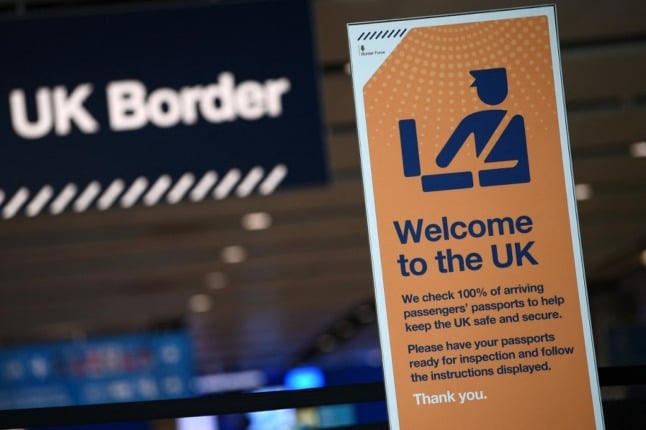Speaking after talks in London with his British counterpart David Cameron, Letta said however that he believed that British voters would deliver a positive verdict on the EU.
"I am here to say that there is an Italian interest and a European interest that the UK stays on board the European process," Letta told a joint news conference with Cameron.
"It is important because without the UK on board, the EU would be worse. It would be less liberal, less innovative, less pro-open market, less pro-single market, less of a global player in the world."
Letta, who took office in April, said he believed Cameron's campaign for reform of the EU was possible, even including treaty change, so long as there was agreement across the 28-nation bloc.
"Of course we need reform, and we need reform of all the EU for the countries," the Italian said.
"We countries sharing the single currency need to have a more integrated euro area.
"I think it will be possible to have a common very near future in which we can have treaty changes for having a more flexible Europe in the interests of the UK, but also in the interests of Italy and the euro area countries."
The Italian premier added that he had "no fear" of a British referendum on EU membership.
Cameron has promised to repatriate some powers from Brussels and then hold a referendum in 2017, provided that he is returned to office after a general election the year after next.
"I personally have no fear about the referendum. It will be, for sure, something positive for Europe and the UK. I repeat, no fear of that," Letta said.
Cameron said he believed his campaign for EU reform was winning support, saying that he had a "positive response" from Germany, Italy, Sweden and the Netherlands.
"Not all of us will agree about every change that is necessary. But I think there is growing understanding that change is needed to make this organisation work better for all its countries," Cameron said.



 Please whitelist us to continue reading.
Please whitelist us to continue reading.
Member comments